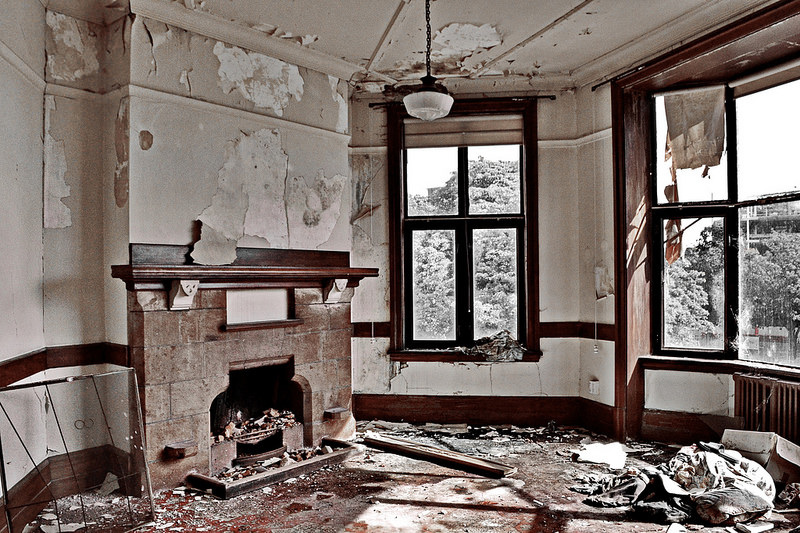It is clearly stated that there is a Landlord's responsibility to comply with Repair and Maintenance obligations in their rental unit under normal circumstance, which is enforced by s.20 of the Residential Tenancies Act, 2006 (RTA). It should not be the duty on a tenant to repair, unless it is determined that a tenant has willfully or negligently caused undue damage to the rental unit, the act is prescribed in s. 34 of RTA. Hence, Landlord should take "reasonable wear and tear" for normal and intended use over its useful life into consideration.
Which are the landlord's responsibilities to keep in a good state of repair?
- Electrical, plumbing or heating system;
- Appliances;
- Carpets in the units or common areas;
- Walls, roofs, ceilings;
- Windows, doors, locks, lighting;
- Garages, laundry rooms, patios, walkways or pools.
A landlord must also keep the rental unit CLEAN, which includes the followings:
- Hallway;
- Lobby Area;
- Elevator;
- Laundry room;
- Pool;
- Parking lot or garage;
- Pest Control such as cockroaches and mice.
Every so often, I have encountered some unresolved disputes between tenants and their landlords on damages to be repaired in the units. Well, some tenants, at one point, would consider to withhold rent payment so as to force their landlords to execute their repair and maintenance obligations. By doing so, tenants may give their landlord's excuse to apply for an eviction order with the Board due to non payment of rent. Although the Tenant can pay outstanding rent into the Board after the Landlord's submission of relevant application. But I think this is NOT THE MOST APPROPRIATE APPROACH!
The CORRECT approach to handle this matter is to file the Maintenance Application (Form T6) with the Landlord & Tenant Board, backed by picture(s) or/and written documents to prove that the rental unit is not properly maintained.
If the tenant is right about the repair issue, the Board may
- grant a rent abatement;
- order the landlord to repair the damage by certain date;
- allow the tenant to repair, and the landlord to pay the tenant for the cost of repair, out-of-pocket expense or other related expenses;
- stop the landlord from increasing the rent until the problem is fixed;
- End the tenancy.
Another approach for the tenant is to terminate the tenancy early with their landlord by giving at least 60 days' notice (Form N9), but the termination date must be the last day of the monthly rental period.
Keep in mind that, it is the Landlord's responsibilities to ensure their rental unit meets HEALTH, SAFETY, HOUSING AND MAINTENANCE standards set out in municipal bylaws or provincial maintenance standards.
Disclaimer: This information is not intended to be construed as a legal advice, but strictly for information only in this entire website. Please contact Trustworthy Legal Service for your independent legal advice in your particular situation. The first consultation is also required prior to my retainer of your case.
Follow on Facebook, Twitter, Google+ and Linkedin!
Like or/and share this post if you find it useful!


 RSS Feed
RSS Feed